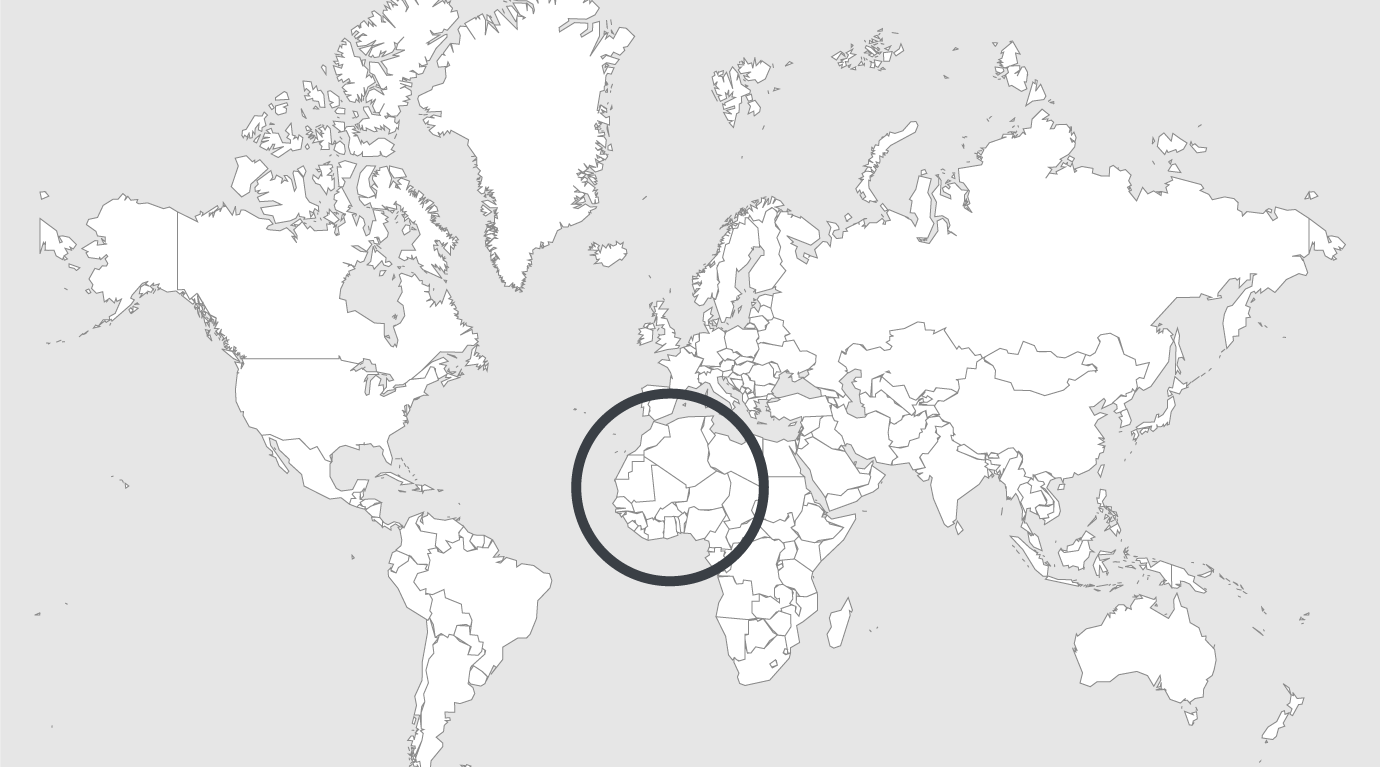
Explore
Morocco: one year after, the Saharawi Gdeim Izik political prisoners are still subject to inhuman treatments
19 of the original 24 Saharawi political prisoners of Gdeim Izik Group remain in prison, with sentences that range from 20 years to life imprisonment and continue to be victims of torture, ill treatment and intentional medical neglect by the Moroccan authorities.
The French defense lawyer of the Gdeim Izik Group, Maître Ouled, is extremely preoccupied with the continues disrespect of the Moroccan authorities with the most basic human rights, as well as the infringements and violations of the national and international law regarding her defendants.
“They have been subjected to sever ill treatment and in some cases torture, as well as extreme medical neglect after their last sentencing on 19th of July 2017 by the court of appeal of Salé, Rabat. Besides the fact that there is still a decision pending from the Cour de cassation and that this trial did not present any evidence of guilt, it is clear that my clients are in some cases in life endangerment due to their health status. We are addressing, with their families, the competent authorities regarding the infringements and violation and will continue to do so. We are just asking for the inherent rights of my clients to be considered as innocent since there is no proof of guilt other than declarations signed under torture, tortures that were never investigated. It is here a question of the right to live which excludes confinement and almost total isolation from the outside world. An urgent solution has to be found since clearly this situation is not sustainable for much longer.”
Maître Olfa Ouled, has been sending complaints as well as requests for immediate investigations to the competent prosecutors regarding the situation of the prisoners and their families. Their complaints based in the moroccan law itself did not lead to the opening of an investigation.
According international human rights activist, Isabel Lourenço who has been following this case since 2010 and issued several reports on the both military and civil trial as well as a report on the situation of the families, the lack of answer is not surprising since the morroccan authorities did not ever open any investigation following the denounces of torture since the arrest of the group.
“My main concern besides the fact that most prisoners need medical attention, is the fact that they are extremely distant from their families, the children of the prisoners are particularly targeted by the negative impact, not only because their fathers are in jail but also by the fact that they are reduced to a few visits per year in the actual circumstances. Also, their parents who are elderly cannot visit their sons. The application to several prisoners of this group of prolonged solitary confinement, without meaningful human contact, which is considered one of the harshest forms of torture leading to both physical as psychological damage, is a clear sign that Morocco feels that it can act with impunity. After an unfair trial we continue to see unfair and illegal treatment with cases that amount to torture, I sincerely hope that Morocco will respect the conventions it has ratified and that are the basis for the justification of the financial and technical support that this state receives”.
The families of these prisoners presented several complaints to the Moroccan authorities and CNDH (Conseil National des Droits d’Hommes) without receiving any response the families of the prisoner in prolonged confinement in Tiflet2 prison sent an urgent call to the International Red Cross, regarding the situation and the arbitrary refusal of visitation right. This prison is over 1200km from El Aaiun in Western Sahara and currently this group is the one that is in a location more farther away from their families.
All prisoners of the Gdeim Izik group suffer from extreme and intentional medical neglect and are in dire health situation.
Mr. Abdallah Toubali has undergone a bladder surgery on July 6th 2018. Mr. Mohamed Tahlil has been transported repeatedly to the hospital without having been treated and Mr. Brahim Ismaili’s legs are so swollen that he is not able to walk anymore. He is also brought to the hospital and back without adequate treatment. The prisoners in prolonged solitary confinement suffer from the all the symptoms that are associated with this kind of punishment both physically as psychologically. This are only a few examples of the health situation of the group.
Since the beginning of 2018, CNDH is the appointed mechanism by Morocco to monitor the situation of these detainees, preventing and denouncing torture to the local authorities and to the subcommittee of torture in the framework of the OPCAT (Optional Protocol of the Convention against torture). It also the mechanism that is seen as “preferential source” by the European Union when it comes to monitor the human rights of the prisoners and always referred to by Morgherini, High Representative of Foreign Affairs of the EU in her answers to the MEP’s that place questions on this issue.
Read full article.
